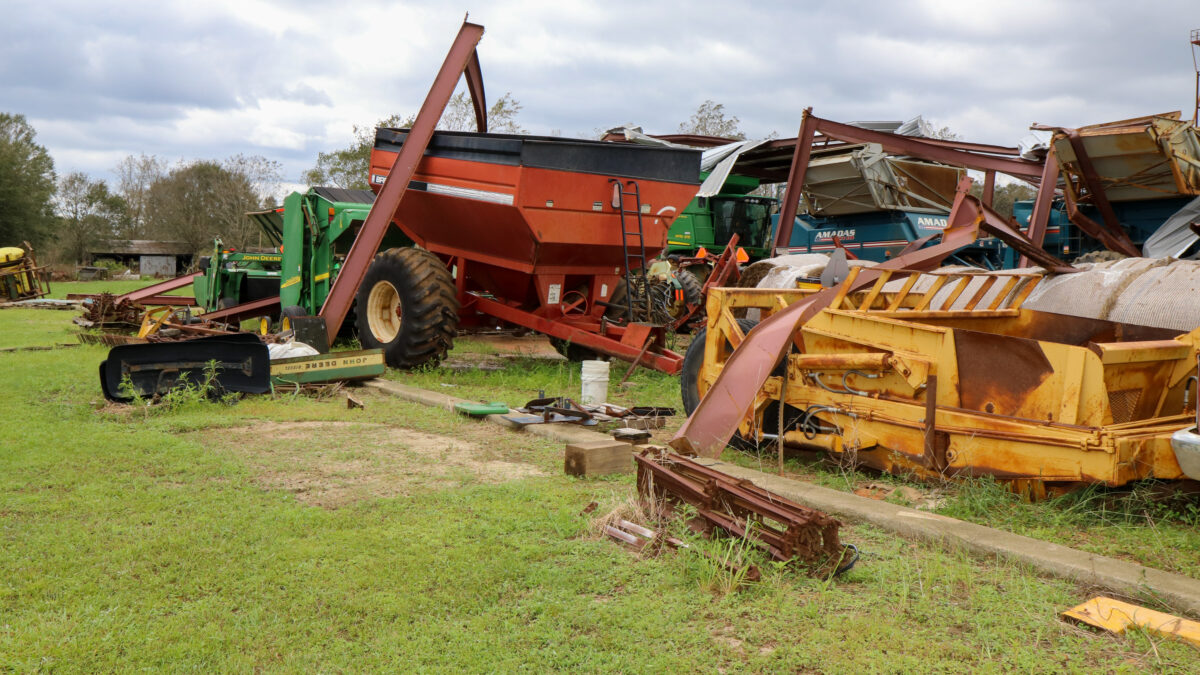Disasters Show Importance of Ag Risk Management Tools
TOPICS
WeatherZippy Duvall
President

photo credit: Alabama Farmers Federation, Used with Permission
Zippy Duvall
President
Mother Nature is an unreliable farming partner. Sometimes the weather helps, but too often it also hurts us. And there’s been a lot of hurt lately. Hurricanes have flooded east Texas. They have destroyed about half of the remaining citrus crop, flooded pasture and blown away much of the sugarcane in Florida. They have leveled pecan trees and pine trees in southern Georgia. Meanwhile, wildfires have burned tens of thousands of acres and destroyed timber resources in Montana, Oregon and Washington.
When Congress made changes in the last two farm bills to strengthen crop insurance and make buy-up coverage more enticing for farmers, it did so with the goal of reducing the need for costly ad hoc disaster aid. But no act of Congress can eliminate the need for catastrophic disaster relief in an exceptional year like this. Thankfully, Congress has responded by passing a $15 billion hurricane relief package. However, the damage to agriculture alone exceeds the funding Congress is providing. Additional assistance will be needed for agriculture to recover. USDA also is gearing up to provide whatever help it can under existing programs and under the disaster declarations signed by President Trump. Farm Bureau will work with Congress and USDA to assess how to ensure adequate help for farmers and ranchers as damage assessments continue to come in.
While the hurricanes and wildfires are making headlines right now, natural disaster strikes somewhere every year.
While the hurricanes and wildfires are making headlines right now, natural disaster strikes somewhere every year. Drought can be just as devastating and wreaks havoc over many months or even years. Blizzards can be extremely painful as ranchers find themselves helpless to protect livestock.
As Congress gets down to the business of writing the 2018 farm bill, this year’s disasters underscore the importance of agricultural risk management tools, including both crop insurance and commodity price supports. Without these programs many farmers would not be able to get operating loans even in a good year, as bankers would be wary of lending to farmers with no protection from that ever-unpredictable farming partner, Mother Nature. That’s something for Congress to keep in mind after the urgency of responding to this year’s disasters has passed. For agriculture, catastrophic disaster relief should be the exception, but effective risk management tools must be the rule.
Zippy Duvall
President
Vincent “Zippy” Duvall, a poultry, cattle and hay producer from Greene County, Georgia, is the 12th president of the American Farm Bureau Federation.
Trending Topics
VIEW ALL